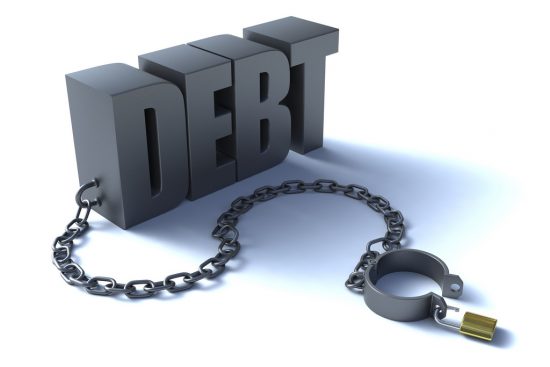by Susan Paige

When it comes to paying the bills, you have to scrape together every shred of income to get by. Between costs for housing, energy, and health care, you can’t seem to find enough to live on. It only makes sense that you would want to lighten the load by refinancing your debts.
Refinancing is touted as a miracle cure by banks and brokerages, but there are adverse side effects. Once your factor in closing costs, however, you may end up with a higher interest rate than before. This would also have negative effects on your credit score, should you fail to make a payment on time.
Here are some facts that will help you navigate past the pitfalls of debt refinancing.
Credit Rating
How good a deal you get varies on your credit score. In order to qualify for refinancing, an applicant must maintain a credit score of 687 or higher. Anything below that estimate will have trouble finding financial assistance.
The lender will need your credit score to determine your interest rate. If an unsatisfactory score doesn’t deny you service, then it will end up costing you down the road. Find someone who would be willing to co-sign your loan. Just make sure they’re a trusted friend since they’ll be sticking out their credit along with their neck.
Collateral
Cash-out refinances are commonly praised for their abilities to manage your mortgage and payoff other expenses. The money might be good, but the higher interest rate could spell disaster for homeowners. Borrowers who place their real estate up for collateral in San Diego or wherever they live are running the risk of repossession should they miss a payment.
The collateral used for securing a mortgage will be vital to the refinancing process. Using a house loan to refinance your car debt, or vice versa, would give lenders the legal right to take your property as penalty. Unsecured personal loans are a low risk alternative that penalizes with legal action or points against your credit score.
Private Lenders
Student and some housing loans are often handled through a federal agency. Federal loans are similar to private ones in that both can be refinanced. Refinancing a federal loan with a private one means crossing a point of no return.
Not all private lenders offer free benefits to borrowers such as loan forgiveness or income-driven repayment options. Government run organizations, like the Home Affordable Refinance Program (HARP), offer incentives for timely payments and can be used to report or deter fraudulent lenders.
Annual Percentage Rate
The best tool anyone can have to decide when to refinance is the Annual Percentage Rate (APR). APRs reflect the bottom-line percentage of interest owed during a loan’s term. By law, credit card companies and lenders must show this number to prospective clients for their comparison.
APRs can get confusing, especially when compared to a lenders nominal interest rate. You may come across more than one lender who offers the same nominal rates with APRs of varying quantities. Choose the lowest APR for lesser upfront fees.


So, what do you think ?